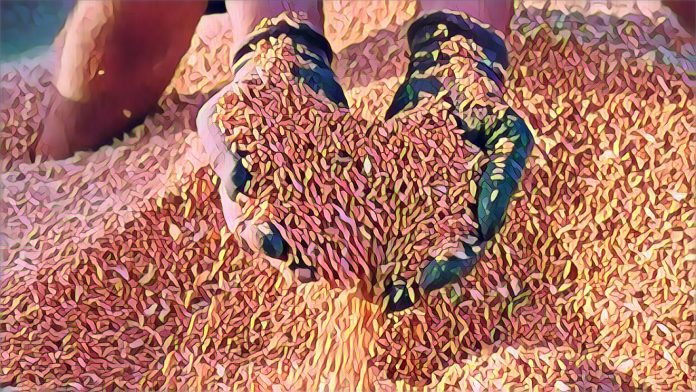Nigeria’s decision to import grains from Ukraine has sparked a significant discussion, but Minister of Information and National Orientation, Alhaji Mohammed Idris, has stepped in to clarify the situation. During the Leadership Annual Conference and Award 2023 in Abuja, he made it clear that Nigeria’s acceptance of these grains should not be interpreted as a sign of weakness or failure. In his view, international trade is a normal part of global relations, pointing out that many countries, including Egypt which sources about 60% of its grains from Ukraine, rely on one another for various resources and commodities.
The minister’s comments come at a time when Nigeria, like many other nations, faces its own set of challenges. Yet, according to Idris, President Bola Tinubu is fully committed to navigating these challenges head-on, backed by the trust and expectations of the Nigerian people. The president’s recent policy decisions, notably the removal of fuel subsidy and the tackling of foreign exchange issues, are aimed at positioning Nigeria more favorably on the international stage.
According to Vanguard, Idris emphasized the importance of these decisions, particularly the removal of fuel subsidies, as strategic steps towards national progress. He encouraged Nigerians to rally behind these initiatives, promising that the benefits would soon become evident. Despite the immediate challenges, the minister assured that Nigeria’s economic trajectory is positive, citing significant reductions in fuel importation and an overall economic boost as early indicators of progress.
Furthermore, President Tinubu’s efforts to enhance Nigeria’s investment appeal have already started to bear fruit, with over $30 billion in foreign investments flowing into the country since he took office. A recent trip to Qatar by the president was highlighted by Idris as part of ongoing efforts to draw even more business and investment into Nigeria.
With the theme of the conference being “An economy in distress: The way forward,” Idris’s message was one of optimism. He conveyed a strong belief in Nigeria’s potential to overcome current difficulties and emerge stronger, painting a hopeful picture for the country’s future.



